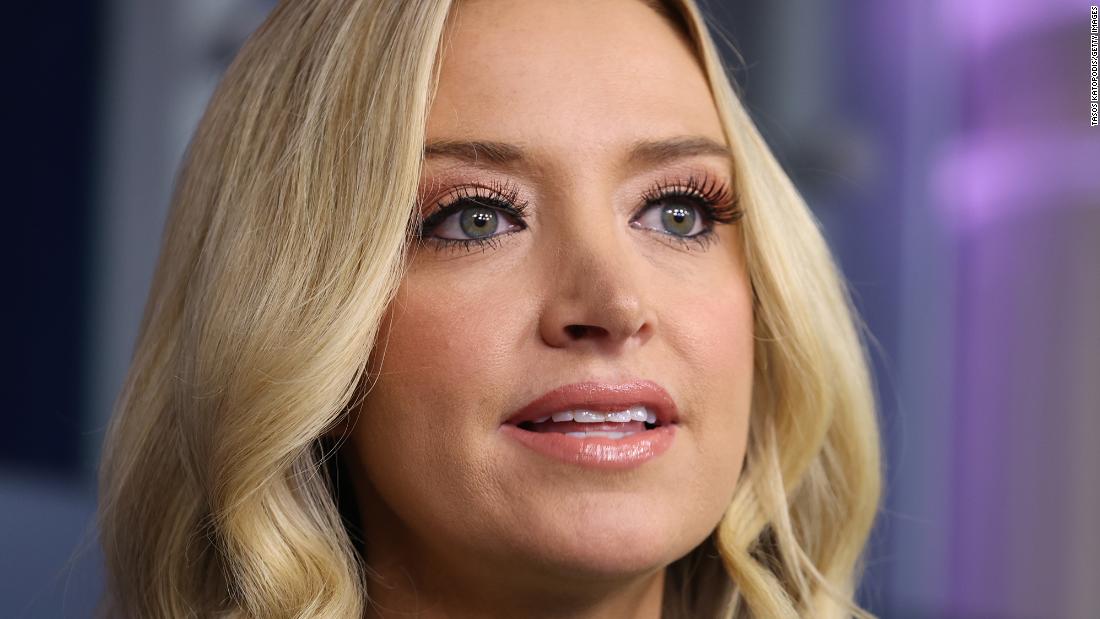
How YouTube ducks content moderation controversies
In an era when tech giants control the largest global information networks, their decisions about who can speak and what they can say have massive geopolitical implications. It’s a responsibility that each of the major U.S.-based public social media platforms has come to understand and take seriously, to varying degrees. But for a constellation of reasons, YouTube’s content policies have tended to attract less media attention and scrutiny than those of Facebook or Twitter, experts say — even though nearly a quarter of U.S. adults say they get news from YouTube, according to the Pew Research Center. (Facebook serves as a news source for 36 percent of Americans, the highest share of any social platform, while Twitter is third at 15 percent.)
Source: Washington Post August 25, 2021 22:38 UTC







